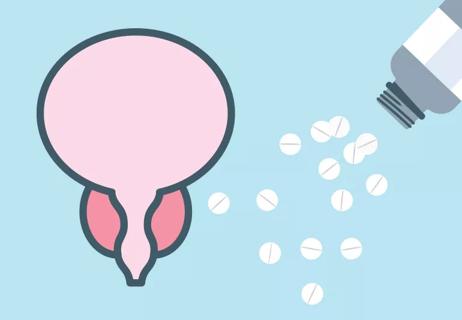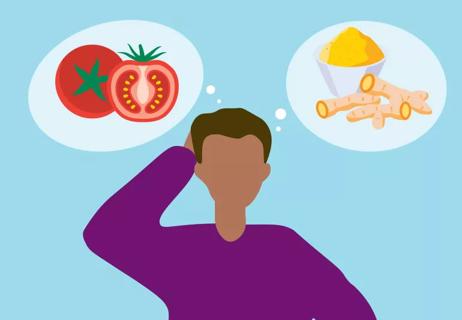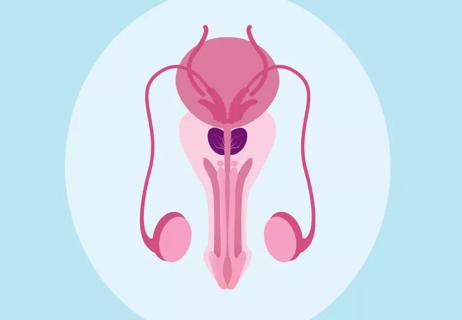Research shows that eating more plant-based food may reduce your risk of prostate cancer

The key to better prostate health might be better eating.
Advertisement
Cleveland Clinic is a non-profit academic medical center. Advertising on our site helps support our mission. We do not endorse non-Cleveland Clinic products or services. Policy
Ongoing research suggests that your prostate may benefit if you adopt a more plant-based diet. It appears piling more fruits, vegetables, whole grains and legumes on your plate could lower your risk of prostate cancer, as well as other issues down low.
Hungry to learn more? Then let’s look at meal plan options with urologist Brad Gill, MD, MS.
A plant-based diet is pretty much what you’d expect from the name. Basically, if the food comes from a plant, you should consider it an ideal option for breakfast, lunch, dinner or snacks.
Of course, that leaves out food that comes from an animal — a list that includes beef, pork, poultry, fish, eggs and dairy.
Someone on a vegan diet follows this plant-based eating plan 100%. It’s more common, however, for folks to simply shift some food choices toward plant-based products while still enjoying the occasional burger or other animal-based products.
Eating more plant-based food isn’t just good for your prostate, which is part of the male reproductive system. Research shows that going a little greener in your diet also offers a full buffet of health perks, lowering your risk of:
Advertisement
“Obviously, plant-based diets carry a lot of benefits in various areas of health,” says Dr. Gill. “The benefit to prostate health is a little less clear, but research keeps showing a possible connection between lower prostate cancer risk and avoiding some animal-based foods.”
The growing belief is that antioxidants and anti-inflammatory compounds packed into fruits and vegetables work to minimize your risk of prostate cancer and prostate enlargement (benign prostatic hyperplasia, or BPH).
Studies keep pointing toward healthier eating paying off for your prostate. Recent research highlights include the following:
Learn more about foods that can promote prostate health.
“Cause” may be too strong a word, but research suggests a connection between eating animal-based foods and prostate issues, notes Dr. Gill.
The major evidence suggests a relationship between meat consumption and prostate cancer — and specifically cured meats, processed meat and red meat. Milk consumption also has been linked to an increased risk of prostate cancer (though it’s known to provide other health benefits).
Still, most studies and reviews conclude that while evidence regarding animal-based food and prostate health deserves attention, it still remains inconclusive, states Dr. Gill.
Diets high in sugar can cause inflammation that can lead to rapid prostate enlargement, says Dr. Gill. It’s best to limit your intake of carbohydrates, too. (Your body naturally breaks carbs down into sugar.)
“If you’re looking out for your prostate, think about having a low-sugar diet, minimizing carbohydrates, and sticking to good, clean, healthy foods — fresh fruits and vegetables, as well as nuts and whole grains,” says Dr. Gill.
Dr. Gill cautions against making drastic diet changes — like going fully vegan or adopting a very restrictive or “fad diet” — without talking to a healthcare provider.
Advertisement
“If you start looking at a very restrictive diet, run it by your doctor or a dietitian first,” he advises. “There are essential nutrients you need in your diet to maintain good health. If you narrow your diet too much, you could end up with other health problems because of these deficiencies.”
But there are simple dietary changes you can immediately make to benefit your prostate and overall health. Dr. Gill suggests limiting items such as:
“Maybe start with the mindset of making small changes instead of jumping into a drastic overhaul,” he says. “Think about eliminating the things that we know for sure aren’t good for us to eat. It can help your prostate and so much more.”
Advertisement
Learn more about our editorial process.
Advertisement

A prostate massage is used most often for sexual stimulation

Research raises doubts about the effectiveness of supplements for your prostate

Foods that can help, and harm, your prostate

Getting stronger, feeling better and staying active isn’t just possible — it’s doable

Possible signs include slow urine flow and loss of bladder control — but if this common cancer is caught before it spreads, the prognosis is good

Heavy drinking can cause both short- and long-term effects, including erectile dysfunction, ejaculation issues and low libido

Rates of early-onset breast, colorectal and GI cancers are increasing, but preventive care and a healthy lifestyle can help reduce your risk

Better hygiene and medical treatment for STIs, yeast or bacterial infections can help address foul-smelling genitals

If you’re feeling short of breath, sleep can be tough — propping yourself up or sleeping on your side may help

If you fear the unknown or find yourself needing reassurance often, you may identify with this attachment style

If you’re looking to boost your gut health, it’s better to get fiber from whole foods